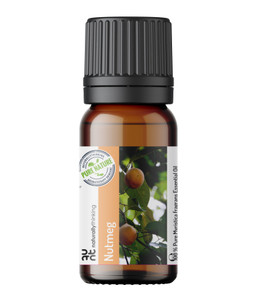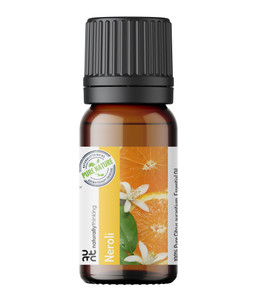Clove has disinfecting properties and is associated with relieving pain.
You will find Clove commercially used in toothpaste and in tooth ache remedies. Clove is also used in rheumatism and arthritis blends for its warming effect. In massage it is traditionally used on patients with to helps the digestive system.
Skin
Clove oil has traditionally been used to help reduce the sagginess of the skin, preventing fine lines and wrinkles.
Clove Bud Oil helps with skin circulation making it a useful antiageing ingredient.
A 2017 study showed that Clove was an effective antifungal ingredient (link to study), of all essential oils it was the most effective at stopping the growth of a range of fungi.
Clove oil can be useful for foot treatments, due it's natural component Eugenol.
Clove Oil has been found to help with skin itching, a 2018 study found it was more beneficial than petroleum oil.
Mind
Clove Oil helps stimulate the brain and mind. It can make you feel more attentive and thus more energetic.
Body
Clove Oil is useful for muscular pain, helping to bring relief with musclur pain, by improving circulation. Popular products such as Tiger Balm contain Clove Oil. By helping relieve tension it can help with headaches and tension based ailments.
Aroma
Clove Oil helps to cleanse the air and environment. A 2018 study looked at the effects of essential oils on bacteria that can cause respiratory infections. Although antibiotics were shown to be far more effective, clove oil did have antibacterial activity when added to a liquid culture or introduced as a vapour.









